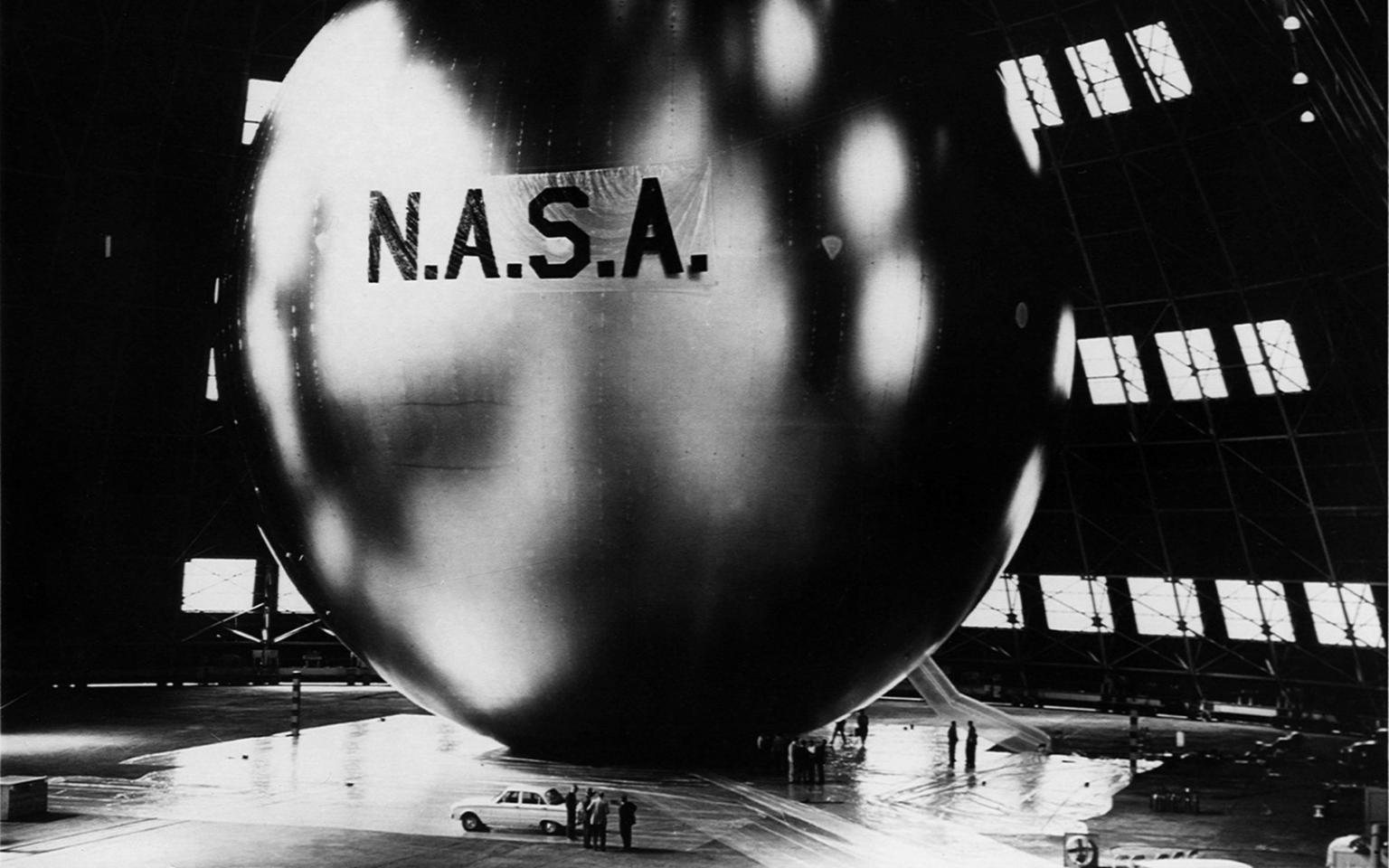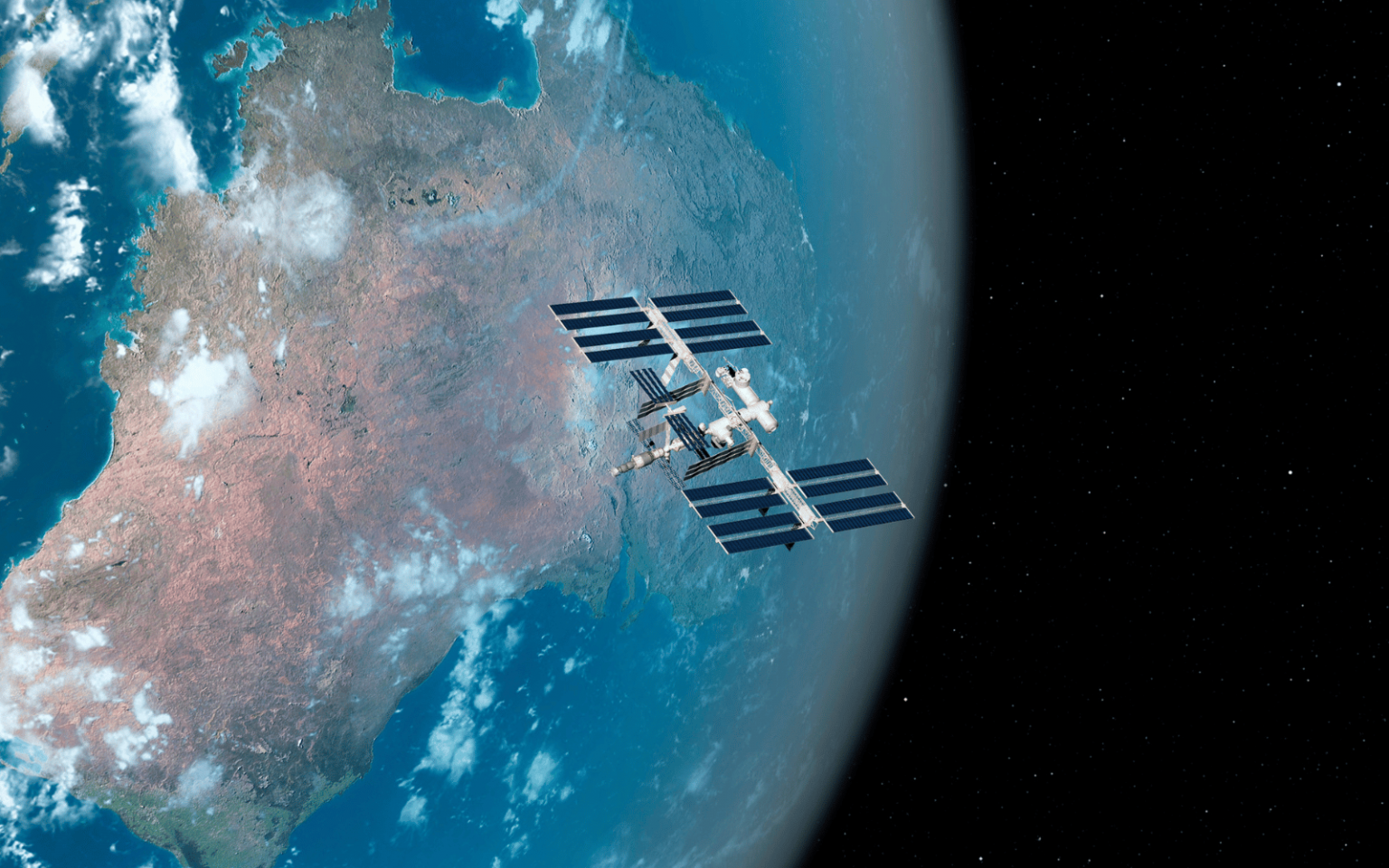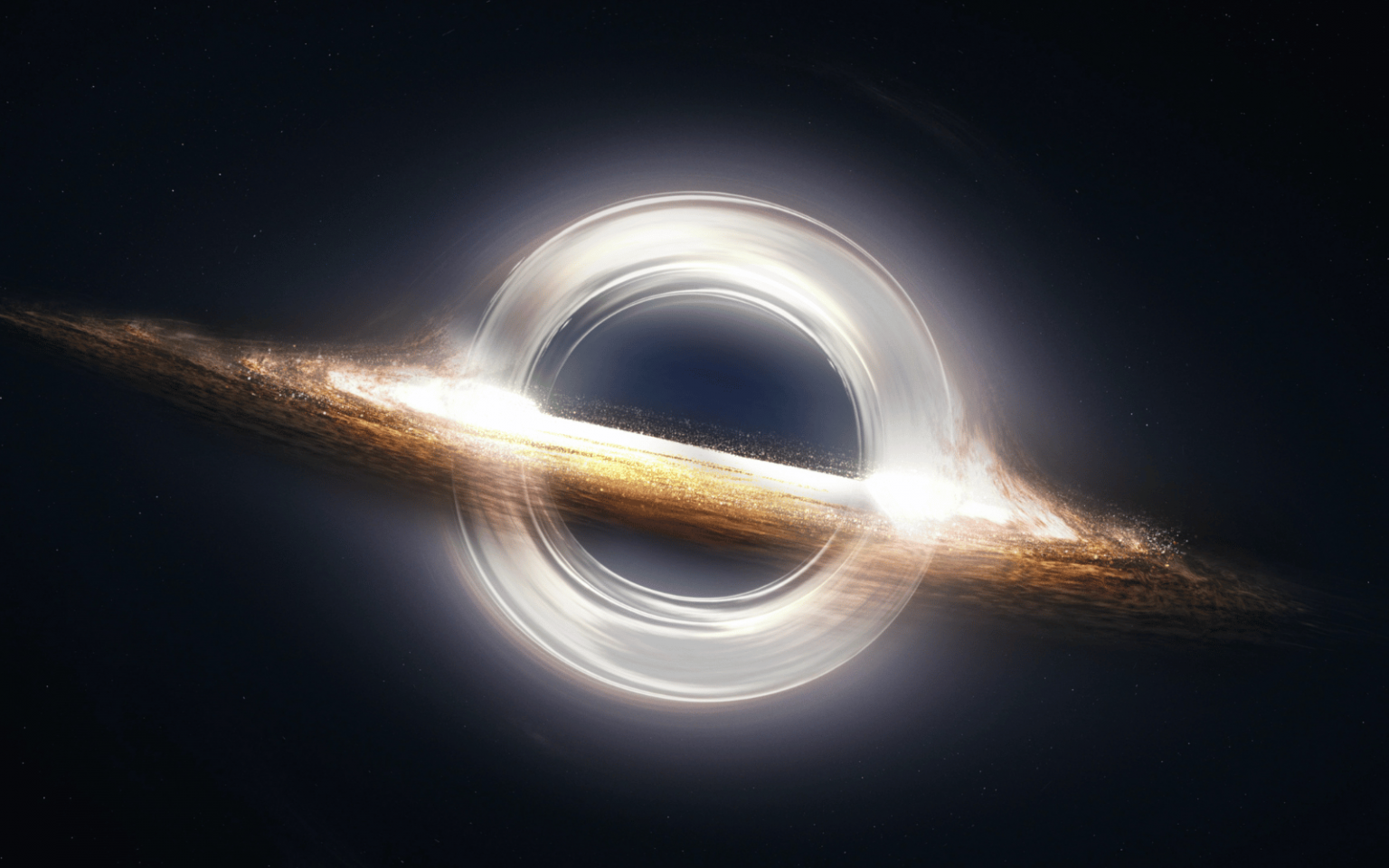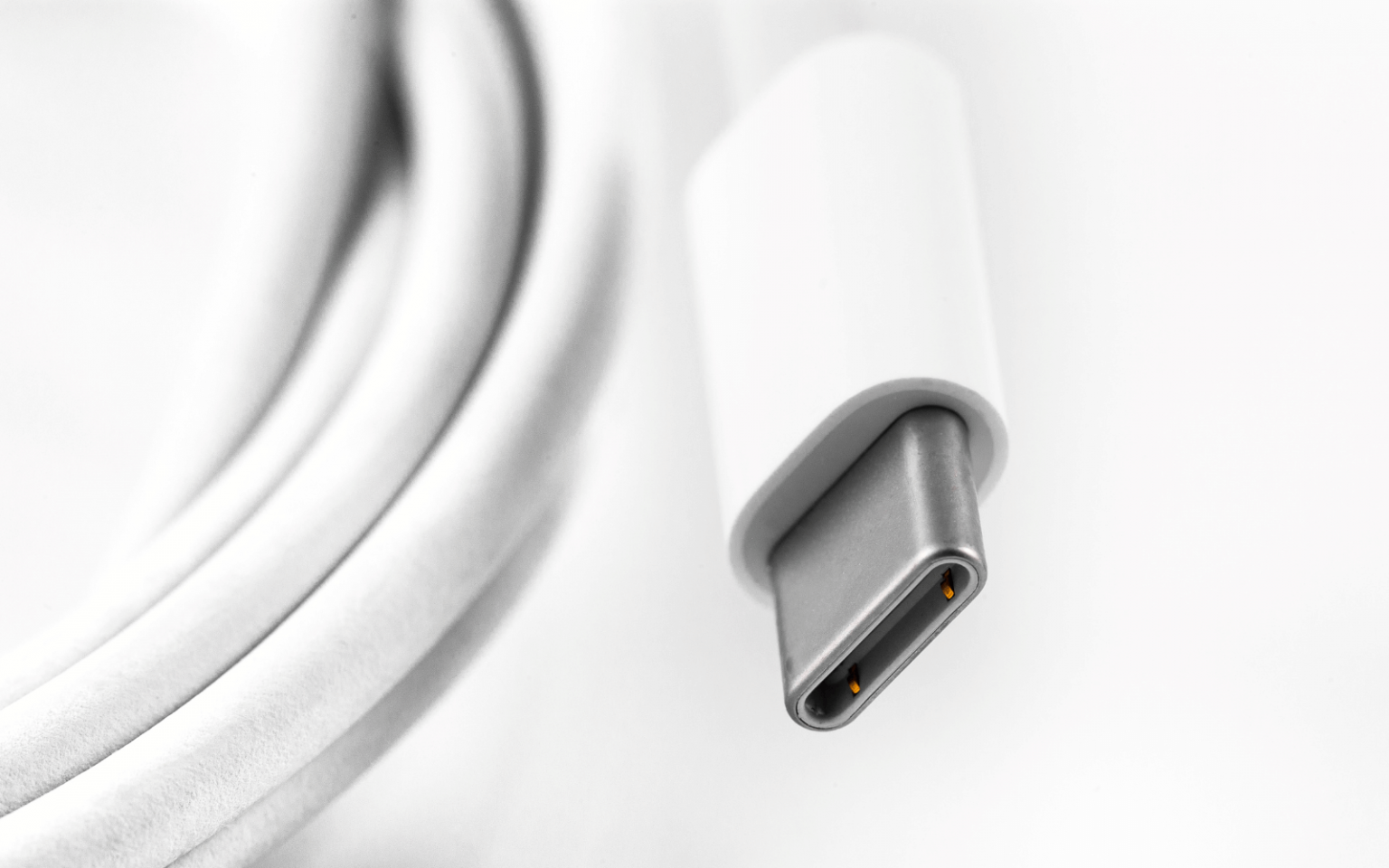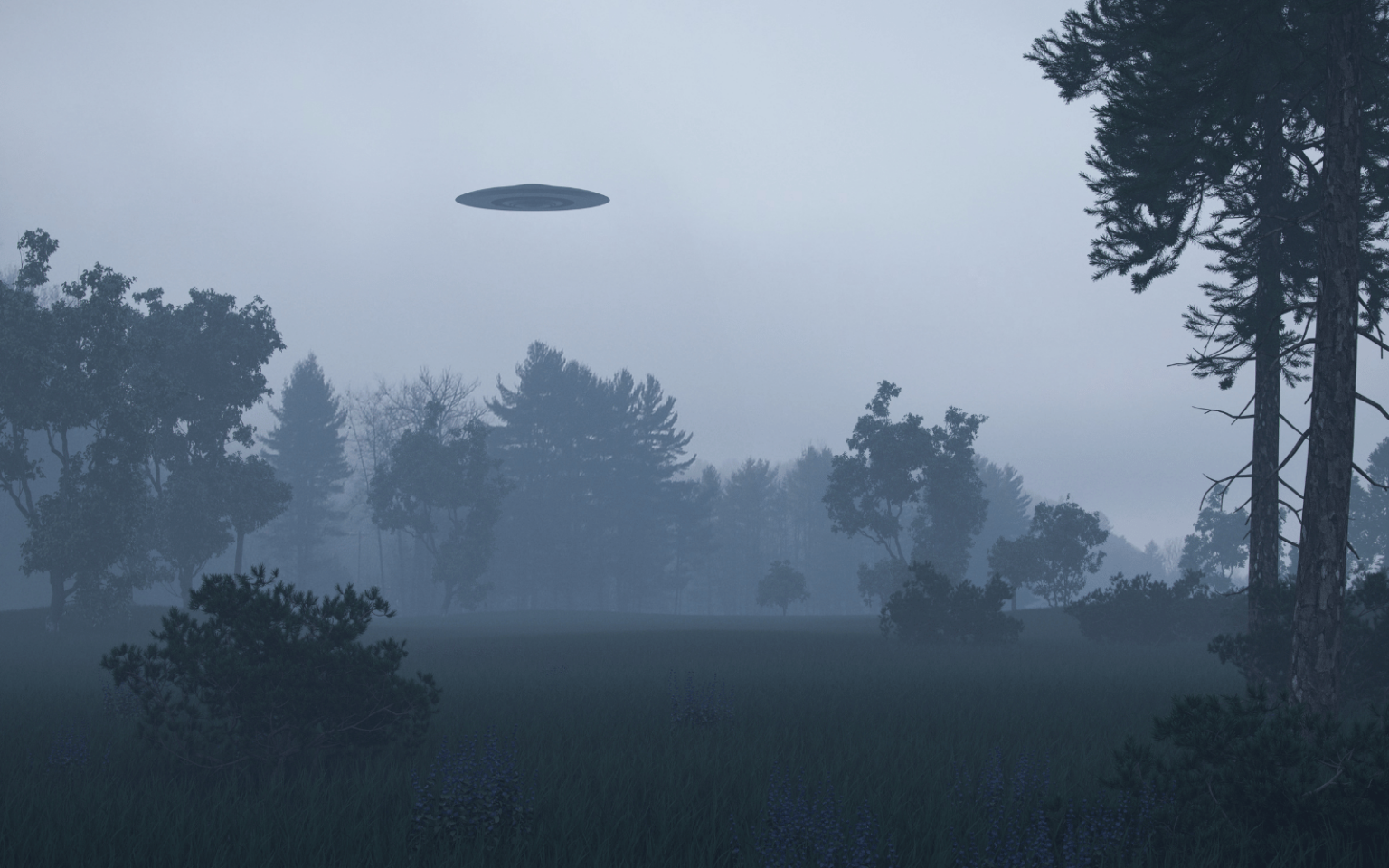As reports continue flying in about what were traditionally called UFOs (unidentified flying objects), NASA is taking the topic very seriously. In fact, following the publication of a report from an independent committee of experts in fields including astronomy and aviation safety, the agency has even appointed a new director of unidentified anomalous phenomena (UAP) research. UAP is the term NASA now uses for UFOs. The committee was directed to gather reports of UAPs and try to understand what these mysterious events really are, including answering the question of whether or not they could be extraterrestrial in origin. The committee held…
Author: The Conversation
Generative AI – which encompasses large language models (LLMs) like ChatGPT but also image and video generators like DALL·E 2 – supercharges what has come to be known as “digital necromancy”, the conjuring of the dead from the digital traces they leave behind. Debates around digital necromancy were first sparked in the 2010s by advances in video projection (“deep fake” technology) leading to the reanimation of Bruce Lee, Michael Jackson and Tupac Shakur. It also led to posthumous film appearances by Carrie Fisher and Peter Cushing, among others. Initially the preserve of heavily-resourced film and music production companies, the emergence of generative AI has widened access…
We expect medical professionals to give us reliable information about ourselves and potential treatments so that we can make informed decisions about which (if any) medicine or other intervention we need. If your doctor instead “bullshits” you (yes – this term has been used in academic publications to refer to persuasion without regard for truth, and not as a swear word) under the deception of authoritative medical advice, the decisions you make could be based on faulty evidence and may result in harm or even death. Bullshitting is distinct from lying – liars do care about the truth and actively try to…
The future of influence is here: a digital avatar that captivates millions of adoring fans while offering unparalleled customisation and round-the-clock availability. Virtual influencers are transforming the way content is created, consumed and marketed online. They represent an electrifying dance between cutting-edge technology and our desire for connection. But, at the same time, they are yet another product being peddled by marketers that want our money. Upon close inspection, we can see the risks that emerge with these blurred realities. What are virtual influencers? While virtual influencers aren’t a particularly new concept – virtual Japanese popstar Kyoko Date has been around since…
Artificial intelligence pioneer Geoffrey Hinton made headlines earlier this year when he raised concerns about the capabilities of AI systems. Speaking to CNN journalist Jake Tapper, Hinton said: If it gets to be much smarter than us, it will be very good at manipulation because it would have learned that from us. And there are very few examples of a more intelligent thing being controlled by a less intelligent thing. Anyone who has kept tabs on the latest AI offerings will know these systems are prone to “hallucinating” (making things up) – a flaw that’s inherent in them due to how…
China, India and the U.S. have all achieved landing on the Moon in the 2020s. Once there, their eventual goal is to set up a base. But a successful base – along with the spacecraft that will carry people to it – must be habitable for humans. And a big part of creating a habitable base is making sure the heating and cooling systems work. That’s especially true because the ambient temperature of potential places for a base can vary widely. Lunar equatorial temperatures can range from minus 208 to 250 degrees Farenheit (minus 130 to 120 degrees Celsius) – and similarly, from minus 225 F to…
As people, we are all shaped by the neighborhoods we grew up in, whether it was a bustling urban center or the quiet countryside. Objects in distant outer space are no different. As an astronomer at the University of Arizona, I like to think of myself as a cosmic historian, tracking how supermassive black holes grew up. Like you, every supermassive black hole lives in a home – its host galaxy – and a neighborhood – its local group of other galaxies. A supermassive black hole grows by consuming gas already inside its host galaxy, sometimes reaching a billion times heavier than our…
This week, technology news has been abuzz as Apple introduced its latest iPhones into the market. Among the usual new feature announcements, one stunning change has stood out in particular. The long-standing rumours are true – the new iPhone 15 series has USB-C standard charging ports. The ditching of Apple’s proprietary Lightning port, which was first introduced in 2012, means iPhone users will finally be able to recharge their phones with the same chargers they use for other devices. But what does this major change really mean for Apple, consumers and the environment? Apple marched to its own beat until now Since the…
NASA’s independent study team released its highly anticipated report on UFOs on Sept. 14, 2023. In part to move beyond the stigma often attached to UFOs, where military pilots fear ridicule or job sanctions if they report them, UFOs are now characterized by the U.S. government as UAPs, or unidentified anomalous phenomena. Bottom line: The study team found no evidence that reported UAP observations are extraterrestrial. I’m a professor of astronomy who has written extensively on astrobiology and the scientists who search for life in the universe. I have long been skeptical of the claim that UFOs represent visits by aliens to Earth. From sensationalism to science During a press briefing, NASA Administrator Bill…
There are alien minds among us. Not the little green men of science fiction, but the alien minds that power the facial recognition in your smartphone, determine your creditworthiness and write poetry and computer code. These alien minds are artificial intelligence systems, the ghost in the machine that you encounter daily. But AI systems have a significant limitation: Many of their inner workings are impenetrable, making them fundamentally unexplainable and unpredictable. Furthermore, constructing AI systems that behave in ways that people expect is a significant challenge. If you fundamentally don’t understand something as unpredictable as AI, how can you trust it? Why AI is unpredictable Trust is grounded…

